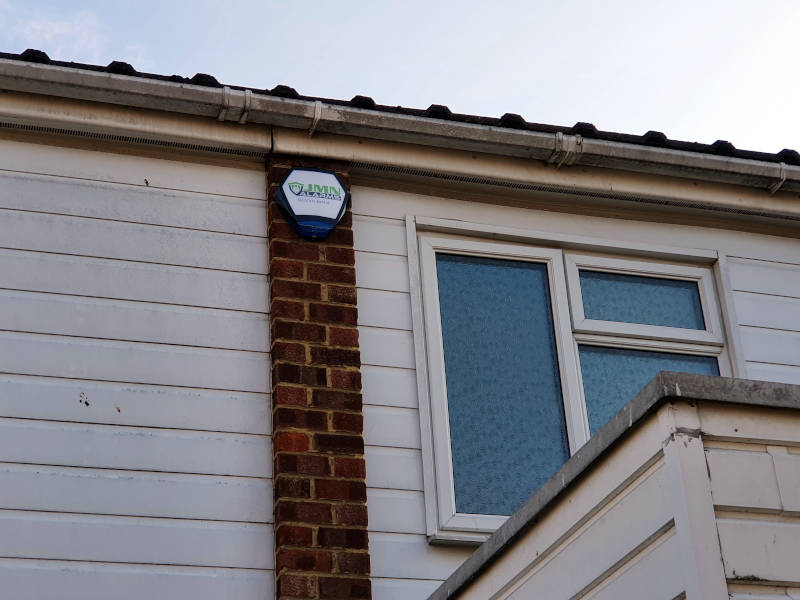Wired Alarms at a Glance: Their Features and Benefits
Wired alarm systems can be considered one of the most traditional forms of security monitoring. As the name suggests, these networks are literally hardwired into a specific location such as a home or a business. Although wireless alternatives seem to have taken centre stage, the fact of the matter is that wired networks provide a number of bespoke advantages to the end user.
Why Choose a Wired Alarm System?
Cost can often be a concern. Wired systems tend to be priced more amenably due to the type of technology that they employ. However, they are also extremely dependable and issues such as a loss of signal (which can occur within a wireless network) will rarely occur. These units can be configured to meet a variety of needs and as you may have already guessed, they may also be employed to detect other hazardous situations such as the presence of smoke or carbon monoxide. On a final note, wired alarm systems require significantly less maintenance than wireless networks due to the physical nature and dependability of the wires themselves.




